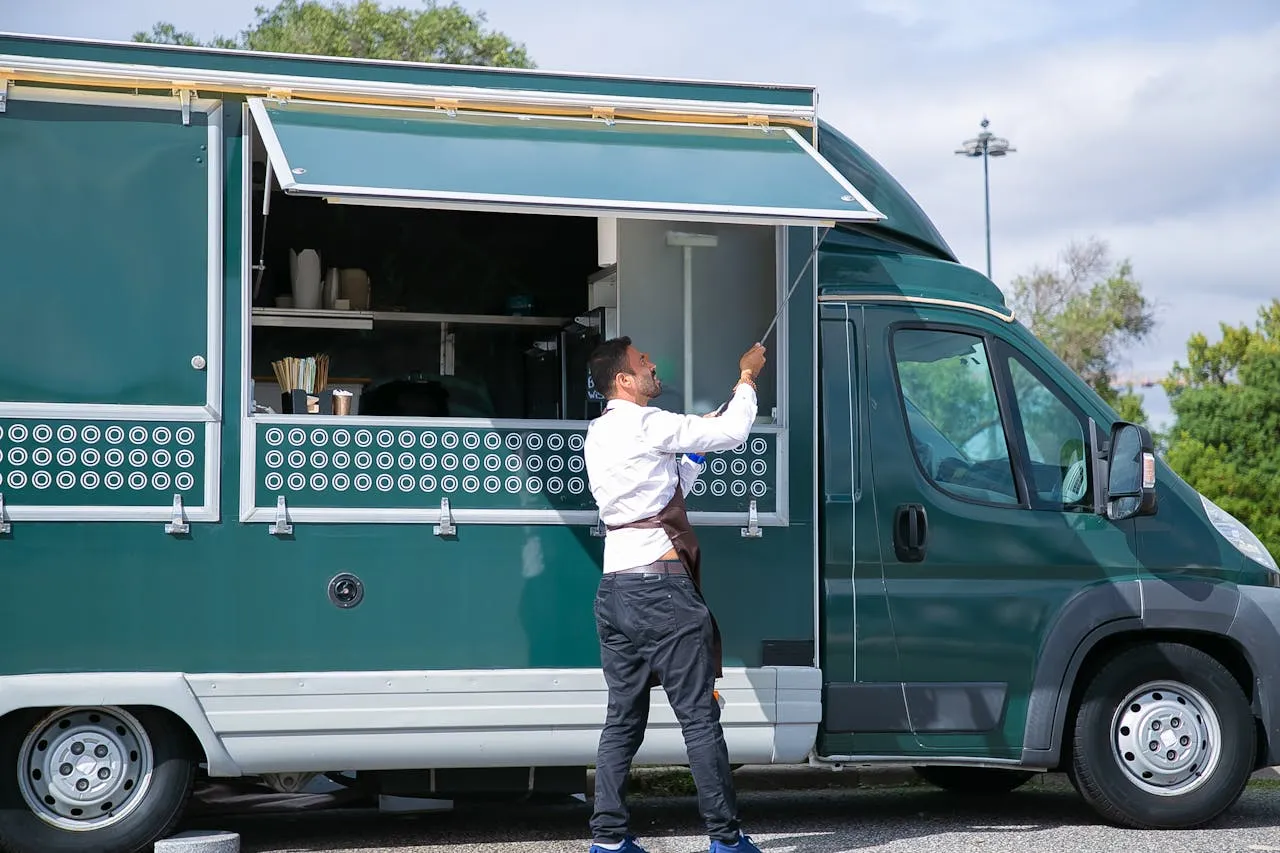Electric vehicle (EV) uptake in Australia is on the rise and there are substantial savings on offer from both state and federal government for individuals looking to make a new EV or plug-in hybrid vehicle (PHEV) purchase.
With this in mind, we’ve covered everything you need to know about what’s on offer, the eligibility criteria, and how business owners can take advantage of the offers available, regardless of whether or not the purchase is made this side of June 30.
What’s on offer?
Australia-wide
At a federal level, the government has waived the Fringe Benefits Tax exemptions for fleets and novated leases, as well as removing the 5% import tariff for EV and PHEV purchases costing less than the increased Luxury Car Tax threshold of $84,916 for low-emission vehicles [1][2].
Additionally, the Federal Government will apply the incentives retrospectively to vehicles first used on or after July 1, 2022. All up, these savings amount to $9,000 p/a for an employer.*
State-by-State
On top of incentives offered by the federal government, each state offers additional savings.
These differ state by state, so here’s a breakdown of what they each have on offer…
- NSW: The NSW government offers a $3,000 rebate for the first 25,000 EVs and Hydrogen Fuel Cell (HFC) vehicles sold after September 1, 2021. This is in addition to a stamp duty reduction on EVs with a purchase price of under $78,000.
- VIC: Like with NSW, there’s a $3,000 ZEV (Zero Emissions Vehicle) subsidy which applies to EVs or Fuel Cell EVs (FCEVs) purchased new, that cost less than $68,740, but you’ll have to buy directly from a registered dealer. VIC also offers a $100 discount on annual registration fees and reduced stamp duty for zero-emission vehicles, whilst also offering a Luxury Car Duty discount of up to $1,000 on a $100,0000 vehicle and $14,400 on a $300,000 vehicle.
- QLD: Keeping it simple, Queensland offers a $3,000 rebate on new EVs, as long as the purchase price is under $58,000. EVs in QLD also attract a lower stamp duty of 2% up to a purchase price of $100,000.
- SA: SA offers a $3,000 rebate for EVs under $68,750, though this only applies to the first 7,000 purchased after October 28, 2021. Additionally, there’s also a registration fee-free period of 3 years for EVs registered up to June 30, 2025.
- TAS: With no upfront rebate, Tasmania waives stamp duty on brand new EVs, but only for purchases made until July 1 as well as offering 2 years of free rego for rental cars.
- WA: A $3,500 rebate is on offer for new EVs (and any other zero-emissions vehicle) under $70,000, for the first 10,000 vehicles sold or until May 10, 2025 (whichever comes first).
- NT: The NT doesn't offer an EV rebate, but does offer a $1,500 stamp duty reduction on all EVs bought between July 2022 until July 2027, on both brand-new and second-hand purchases. NT also offers free registration on EVs over the same time period.
- ACT: The ACT offers a range of bonuses and discounts, including interest-free loans to EV purchasers and a stamp-duty waiver on EVs. Additionally, the ACT is also offering two years free registration for EVs purchased before June 30 2024, as well as an ongoing registration discount for EVs purchased before May 1, 2021.
How can I qualify?
Specifically relating to federal Luxury Car Tax (LCT) incentives for low-emission vehicles, you’ll likely qualify for the EV exemption if [2]:
- The car is a zero or low emissions vehicle, i.e. battery electric vehicle, hydrogen fuel cell electric vehicles and plug-in hybrid electric vehicles
- The first time that car is both held and used is on or after 1 July 2022
- Luxury Car Tax has never been payable on the importation or sale of the car
Note: If you meet the above criteria, associated expenses such as registration, insurance, repairs, maintenance and fuel or electricity costs for charging are also exempt from incurring FBT if provided for an eligible EV.
Advantages of tax-time EV purchases
With changes to Temporary Full Expensing taking full effect this EOFY (think: expanded asset coverage, raised thresholds and broader eligibility criteria) you can claim immediate deductions (helping to reduce taxable income) on the full cost of eligible depreciating assets.
In plain terms, this means you can lower your businesses tax liability, whilst simultaneously taking advantage of the incentives and offers available on making an EV purchase.
Need help funding the purchase of a new EV?
You could use financing to take advantage of the EV exemption this EOFY and enjoy a sizeable tax benefit. Click here to see if you qualify and view your top options through our free online loan-finder.
{{first-banner}}
*All vehicle offers, exemptions and incentives mentioned in this article are subject to strict eligibility criteria, which may be modified or changed at any given time, including and not limited to the time period between placing an order and taking delivery of a vehicle. Individuals should confirm their eligibility and consult an accountant or registered tax agent to determine whether or not the exemptions, offers and incentives will be advantageous to an individual’s specific financial situation and needs.
All information provided is correct at time of publication (11/05/2023).



